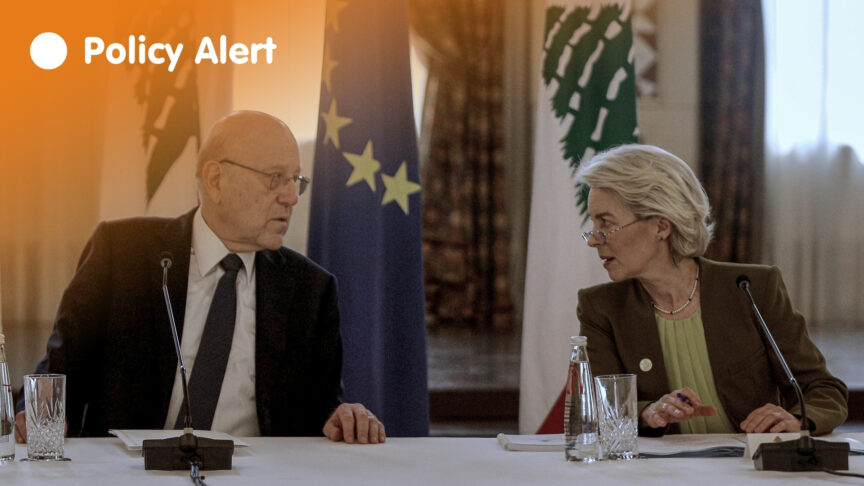
Strategic aid: How the EU-Lebanon migration deal can work
To effectively deter migration to Europe, the EU’s €1 billion aid package to Lebanon must require that Beirut address its deep political and economic troubles

To effectively deter migration to Europe, the EU’s €1 billion aid package to Lebanon must require that Beirut address its deep political and economic troubles
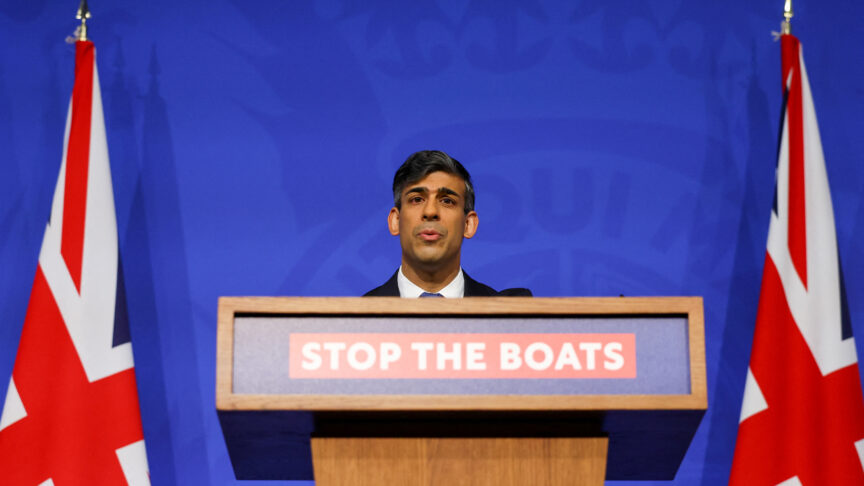
Finally passed into law, the UK’s bill to process migrants in Rwanda has been a political disaster. European governments should remember that not only does such a policy not work to deter migration, it will politically damage any party that adopts it
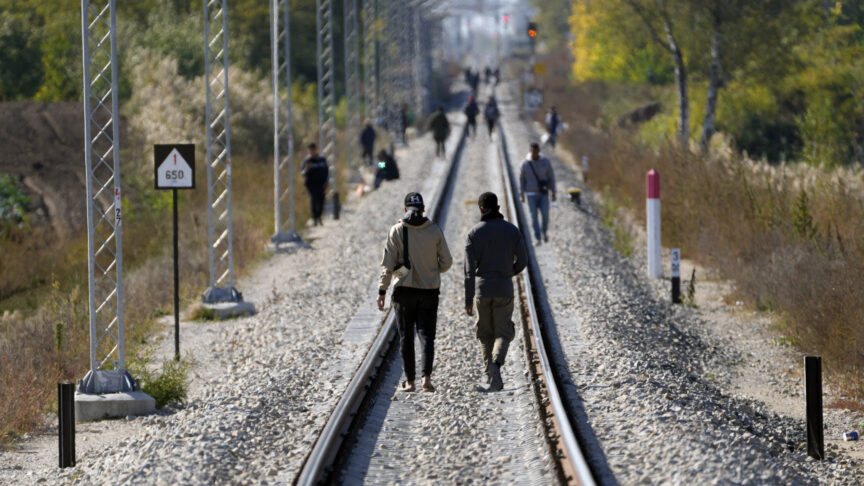
To tackle the political and economic challenges posed by shrinking populations, Balkan governments need to approach immigration as an opportunity, rethinking their policies and political messaging
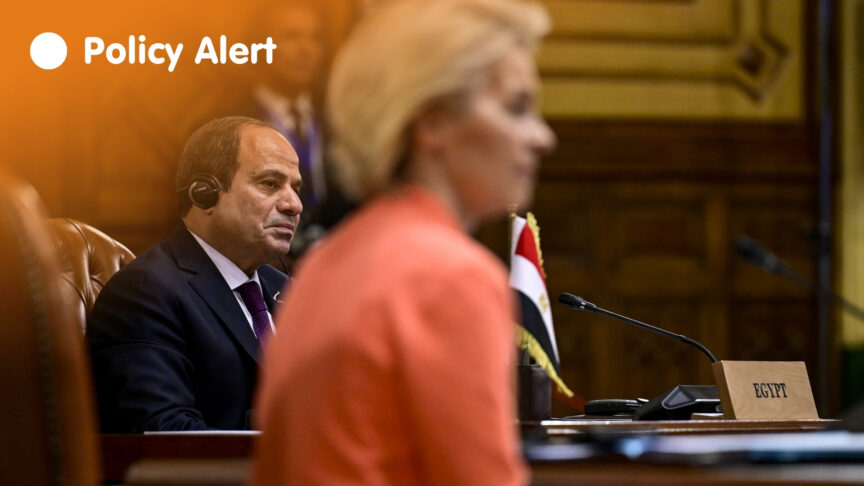
The EU should release funding to Cairo only if it undertakes following meaningful economic reforms
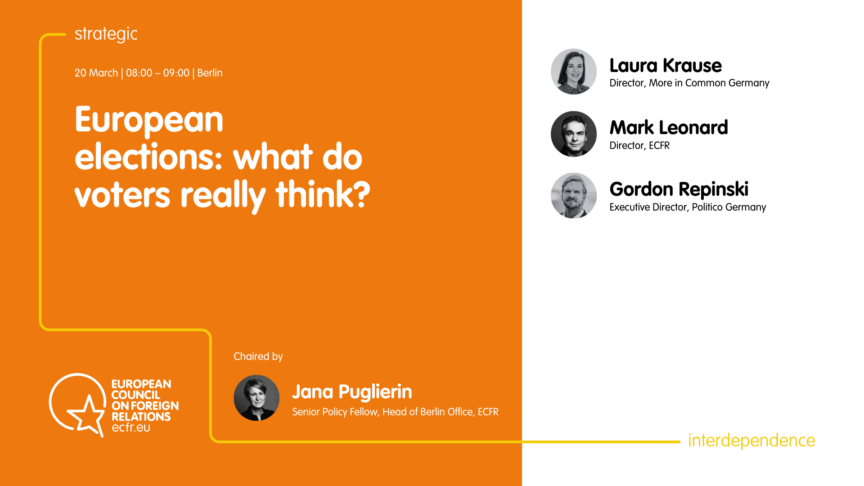
A new opinion poll and four-part strategy on how mainstream parties can campaign to resonate with pro-European voters
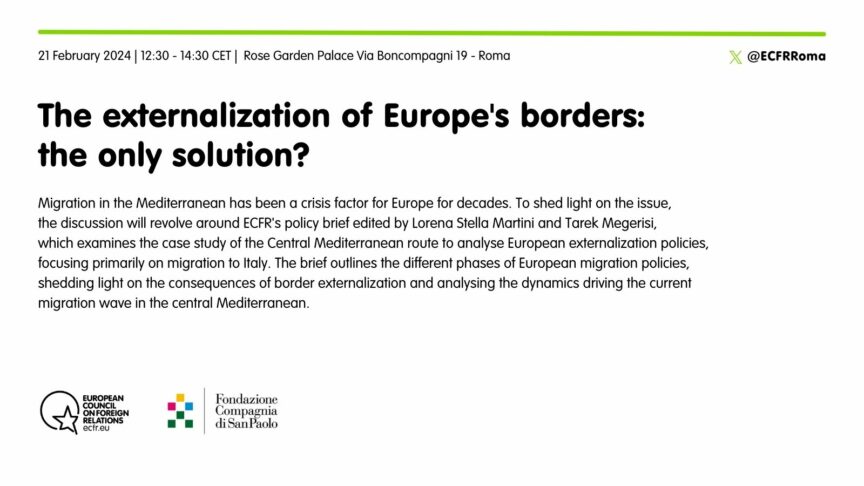
Migration in the Mediterranean has been a crisis factor for Europe for decades. To shed light on the issue, the discussion will revolve around ECFR’s policy brief edited by Lorena Stella Martini and Tarek Megerisi, which examines the case study of the Central Mediterranean route to analyse European externalization policies, focusing primarily on migration to Italy
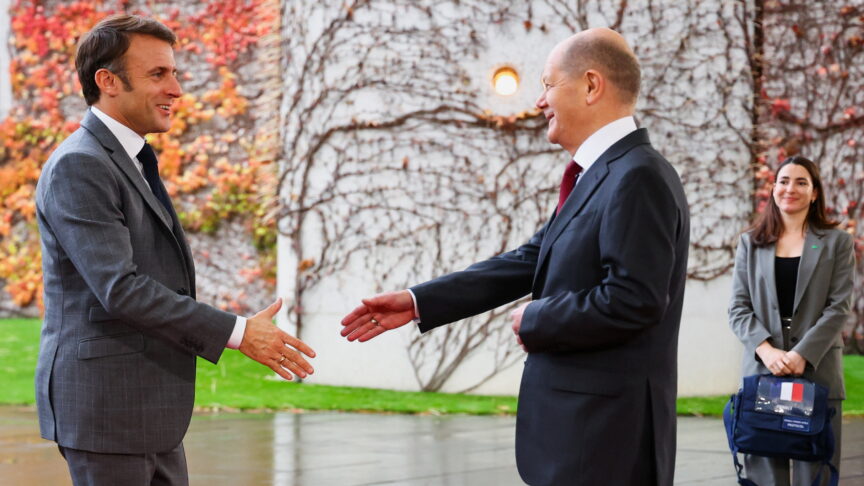
The Maghreb policies of the four most influential EU member states are diverging – but this fragmentation hinders the EU’s long-term interests in the region
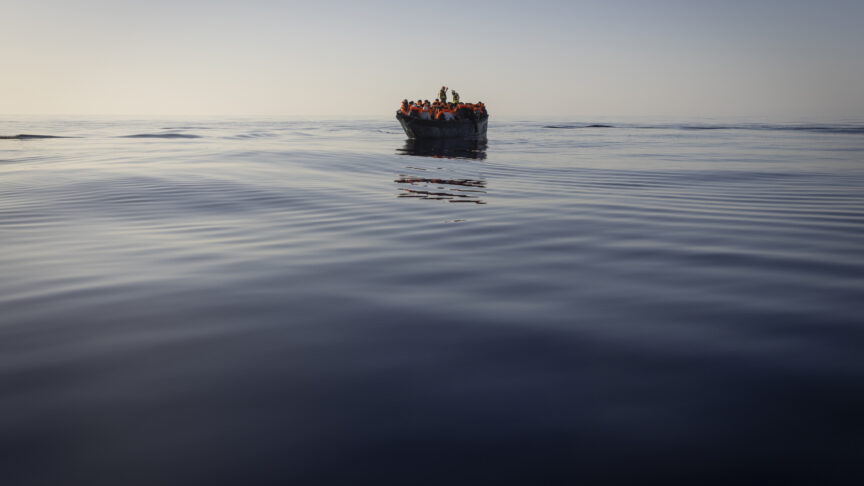
Europeans need to stop handing control of their borders to southern Mediterranean states. Instead, they should pursue measures that tie the short-term imperative to reduce irregular migration to longer-term strategies that lessen the need for people to migrate in the first place
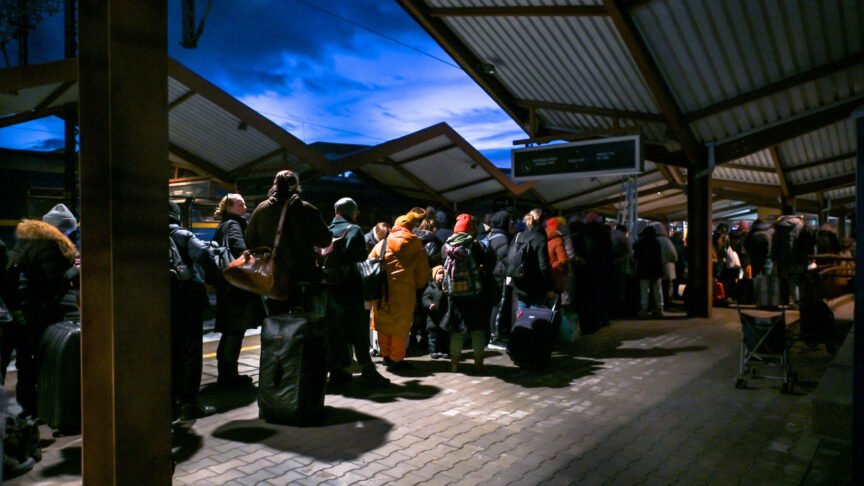
Europe’s response to Ukrainian migration has shown the benefits of a humane approach towards refugees. It should set a precedent for a more compassionate European migration policy
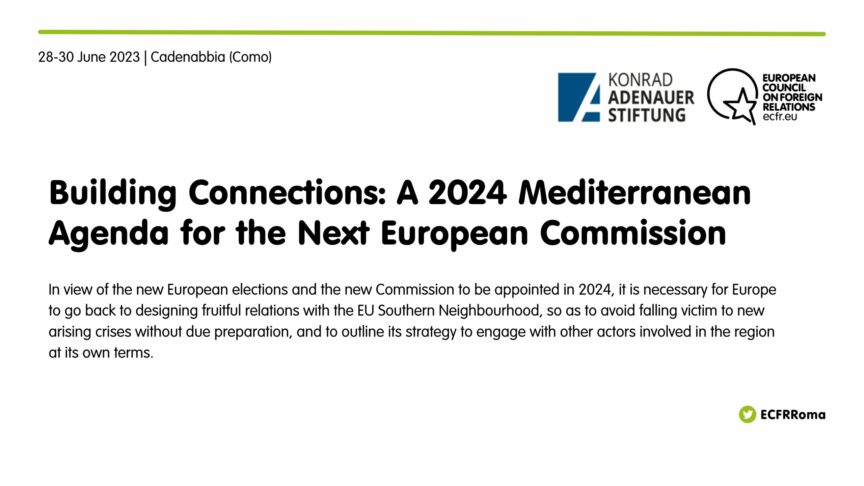
Expert workshop on a new Mediterranean agenda for the EU, organized by the Rome office of ECFR and the Regional Program Political Dialogue South Mediterranean of the Konrad-Adenauer- Stiftung (KAS PolDiMed)

The Maghreb policies of the four most influential EU member states are diverging – but this fragmentation hinders the EU’s long-term interests in the region

Europeans need to stop handing control of their borders to southern Mediterranean states. Instead, they should pursue measures that tie the short-term imperative to reduce irregular migration to longer-term strategies that lessen the need for people to migrate in the first place
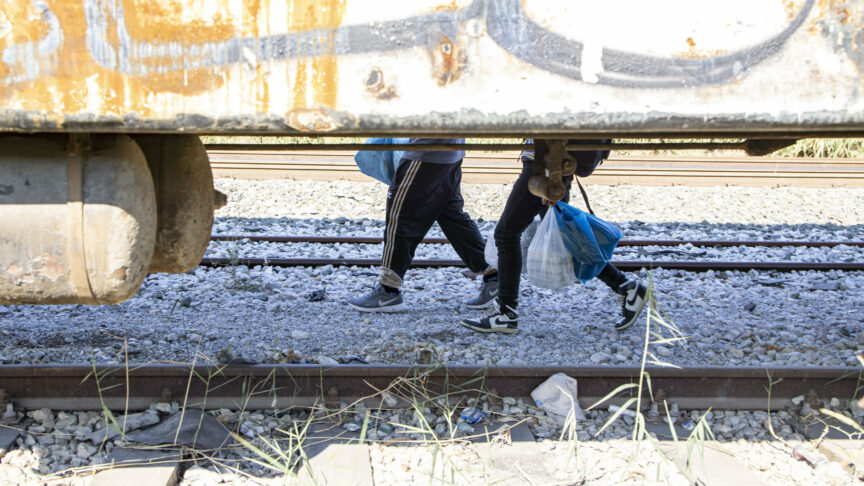
Europeans should adopt a new approach to supporting Syrian refugees – one that would also benefit host communities in Turkey, Lebanon, and Jordan

To effectively deter migration to Europe, the EU’s €1 billion aid package to Lebanon must require that Beirut address its deep political and economic troubles

Finally passed into law, the UK’s bill to process migrants in Rwanda has been a political disaster. European governments should remember that not only does such a policy not work to deter migration, it will politically damage any party that adopts it

To tackle the political and economic challenges posed by shrinking populations, Balkan governments need to approach immigration as an opportunity, rethinking their policies and political messaging

The EU should release funding to Cairo only if it undertakes following meaningful economic reforms

Europe’s response to Ukrainian migration has shown the benefits of a humane approach towards refugees. It should set a precedent for a more compassionate European migration policy
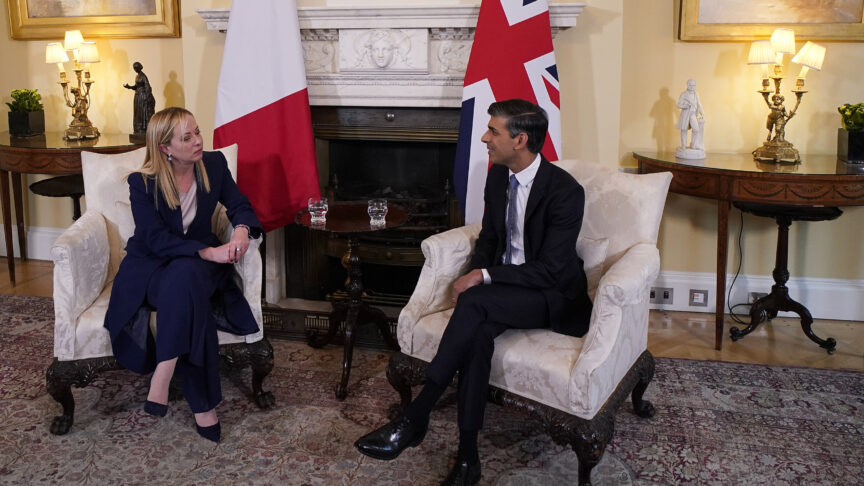
Italian efforts to formally enhance bilateral relations with other European states have largely faltered. This time may be different

European countries risk undermining their Africa strategies if they continue to neglect the numerous crises on the continent and divert aid to Europe

The Meloni government has largely adopted a ‘Russia-pragmatic’ approach to its EU and Ukraine policies. But pressure over migration within the coalition could harm relations with other European states
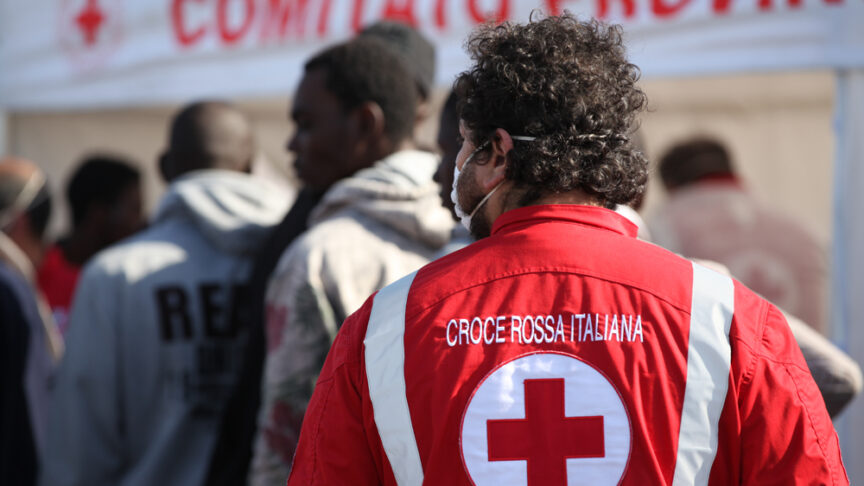
Migration is first and foremost a structural problem, yet the EU persists in responding to it as an emergency. Now is the time to change course
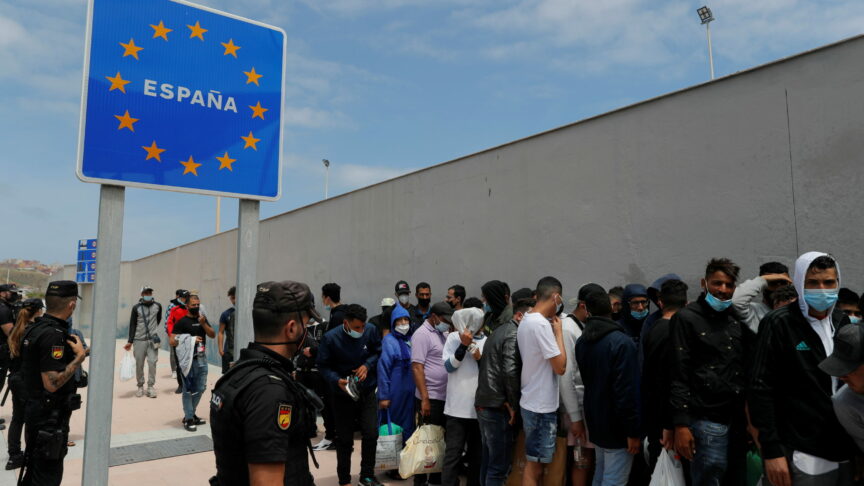
By weaponising migration in Ceuta to advance its Western Sahara claim, Morocco has made several major mistakes. Spain is part of an EU that is not in a joking mood on irregular migration blackmail

A new opinion poll and four-part strategy on how mainstream parties can campaign to resonate with pro-European voters

Migration in the Mediterranean has been a crisis factor for Europe for decades. To shed light on the issue, the discussion will revolve around ECFR’s policy brief edited by Lorena Stella Martini and Tarek Megerisi, which examines the case study of the Central Mediterranean route to analyse European externalization policies, focusing primarily on migration to Italy

Expert workshop on a new Mediterranean agenda for the EU, organized by the Rome office of ECFR and the Regional Program Political Dialogue South Mediterranean of the Konrad-Adenauer- Stiftung (KAS PolDiMed)
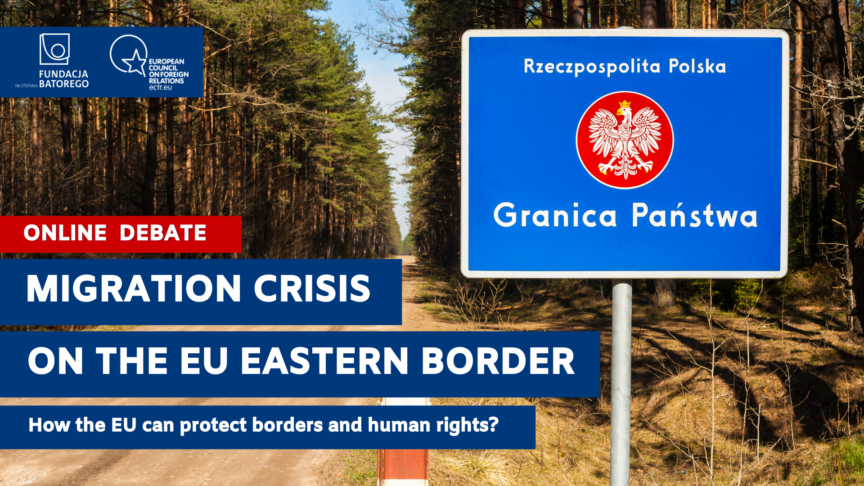
Since summer 2021, Poland and Lithuania have been confronted with an unprecedented action by the Lukashenko regime, which aims to exert political pressure on both…